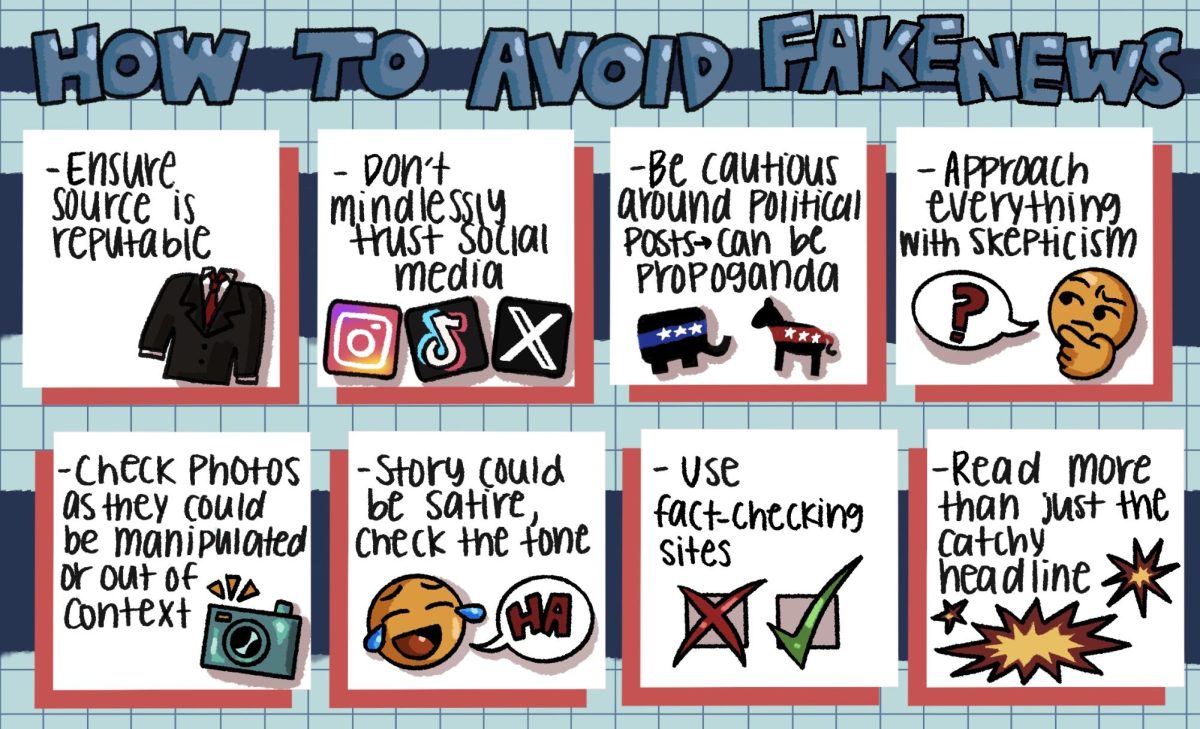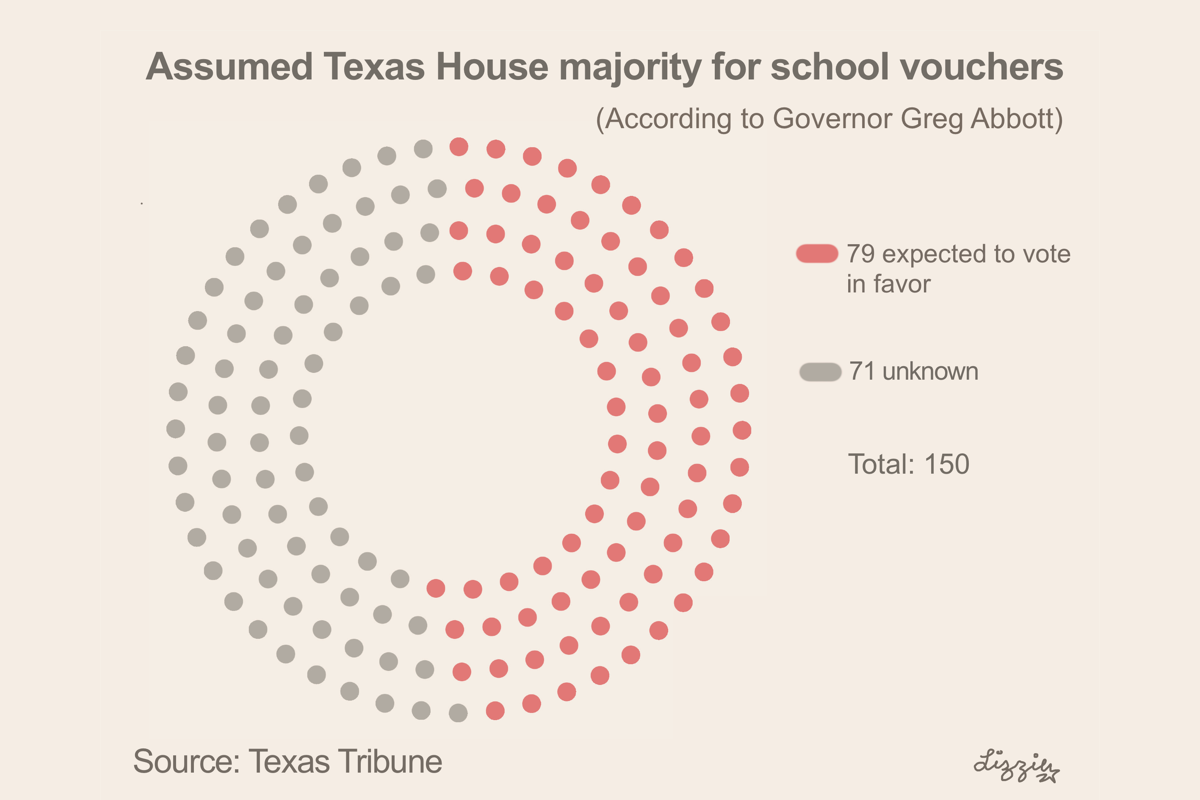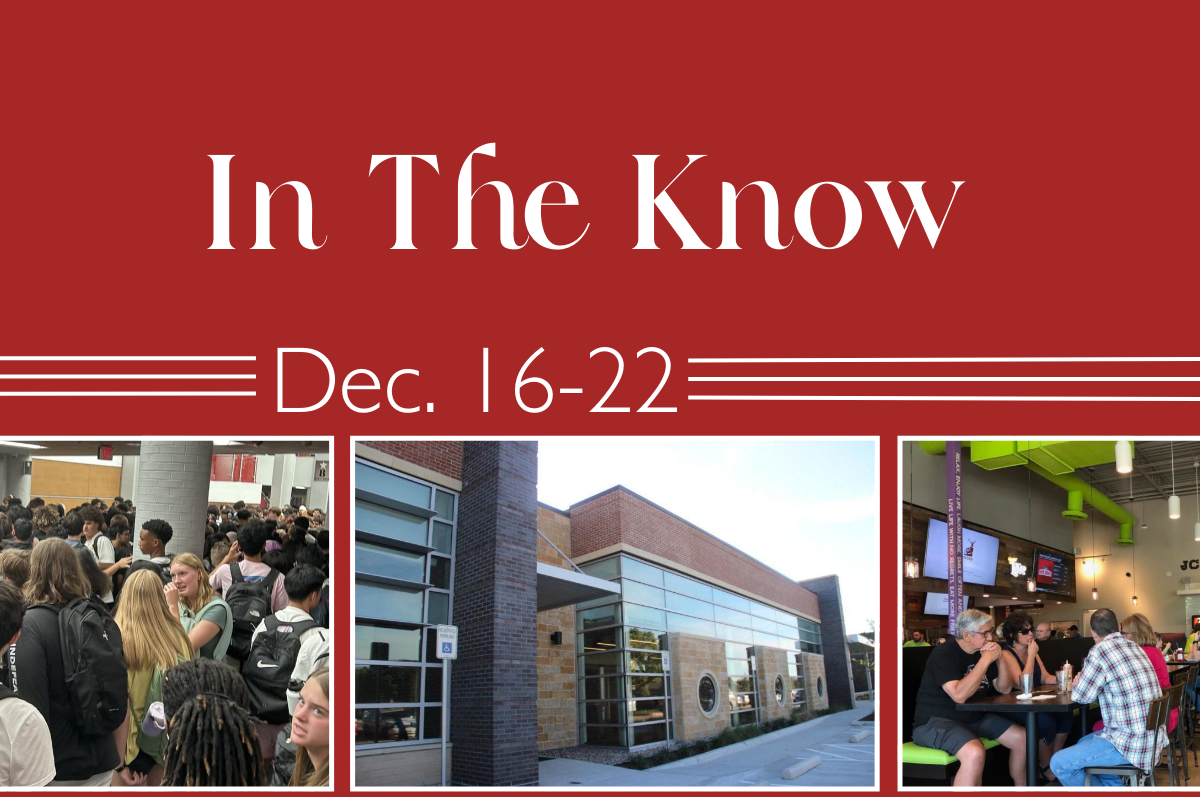Brian Hwu
Staff Photographer, Graphic Designer
Carolyn Bossmann
KCBY
Teenagers today often go through the day functioning on little or no sleep. However, many teens do not realize the harmful effects it has on their health.
On average, teenagers need about 8.5 to 9.5 hours of sleep each night, according to WebMD.com. However, many students in high school seem to be getting far less sleep than the required amount.
“I went to bed at two in the morning,” said junior Naomi Idowu, who averages five hours a night of sleep.
The lack of sleep affects many facets of a student’s life. Sleep deprivation is not only harmful to a student’s school life, but also their health.
“Getting the right amount of sleep for anybody is extremely important,” CHS nurse assistant Lee Perryman said. “If you don’t have enough sleep, your immune system is down [and] you’re irritable.”
Studies have shown sleep deprivation can impair memory and inhibit creativity, making it difficult for students to learn.
“Students have developed a habit of being really tired,” English teacher Zach Sherman said. “And variably that’s going to lead to missed assignments or not [performing well in school].”
However, a large amount of schoolwork is not only the reason why students get little sleep. Studies have shown the use of computers or other electronic devices for a long time before going to bed is also a cause for sleep deprivation.
“When you’re tired and you get a second wind with Facebook or some such site, it distracts you and you end up running the same cycle [each night],” Sherman said.
Many students admit using the computer before they go to bed is a cause for their lack of sleep.
“I went to bed late because I was on the computer,” junior Grace Choe said, who has trouble sleeping at night. “I usually go later if I have [more school work].”
Not only do computers inhibit sleep by being a distraction, but studies also show that people who spend more than two hours on a computer each day will experience symptoms of Computer Vision Syndrome. The most common symptoms include headaches, focusing difficulties, burning eyes, general eyestrain, aching eyes, dry eyes, double vision, blurred vision, light sensitivity, and neck and shoulder pain.
According to a recent poll conducted by the National Sleep Foundation, 95 percent of Americans ages 13 to 64 use some type of electronic device in the hour before going to bed. Researchers say this may account for the lack of sleep.
“I was on the computer all night,” Idowu said, who admits to being on the computer until she fell asleep. “I couldn’t sleep at all.”
As teenagers are still growing and developing, the right amount of sleep is essential for every high school student. There are many ways in which students can improve their sleeping habits.
Studies show taking a 10-15 minute break from the computer every hour can reduce eyestrain. In addition, it is recommended that the computer monitor be at least two to three feet away from a person’s eyes. It is also suggested the use of computers and other electronic devices be limited to at least one hour before going to bed.
“It’s very important [for students] to get the rest that [they] need, even if that means an after school powernap,” Perryman said. “Then students can get themselves going to get the energy that they need to do all the different activities that they do.”








